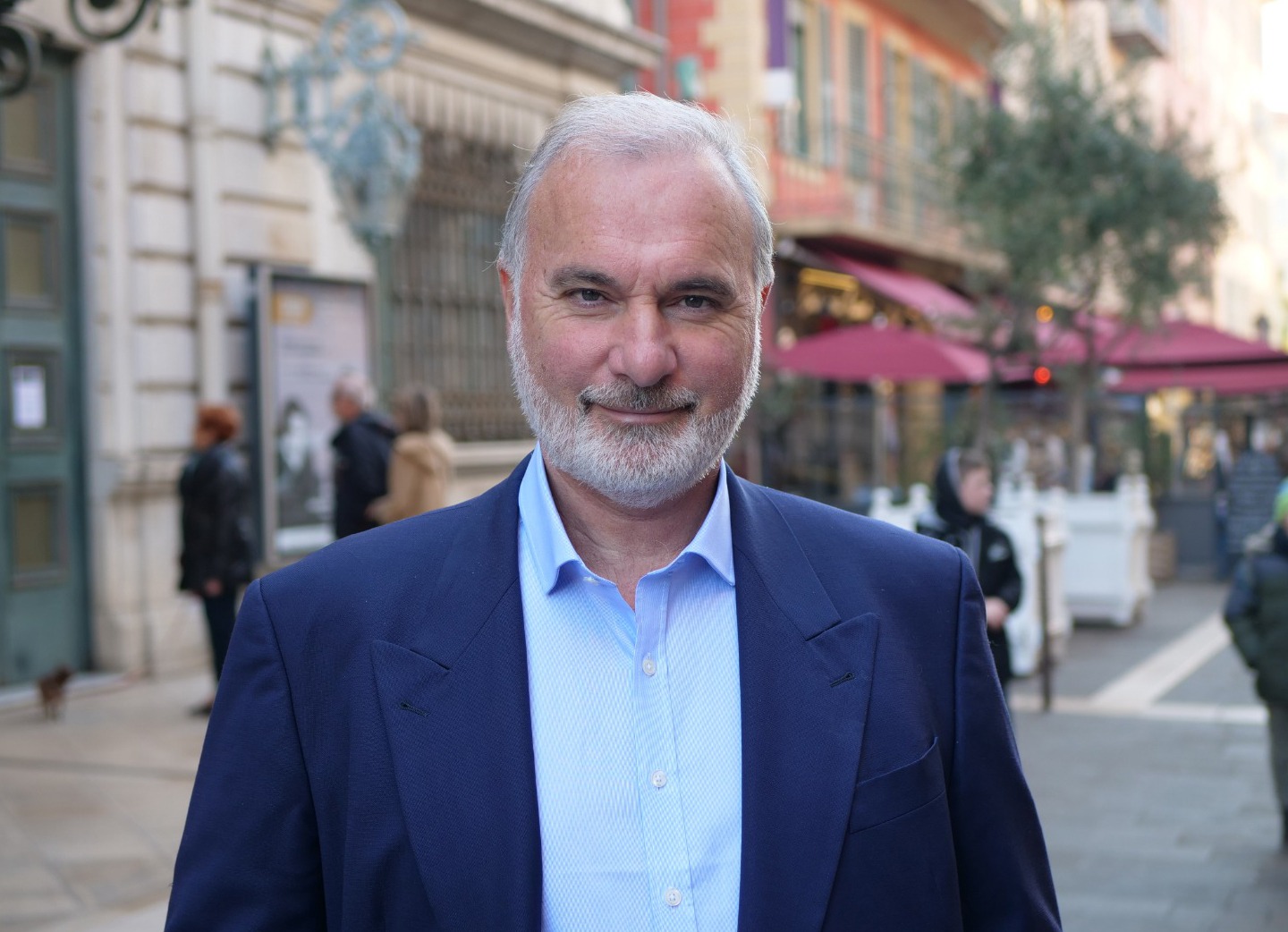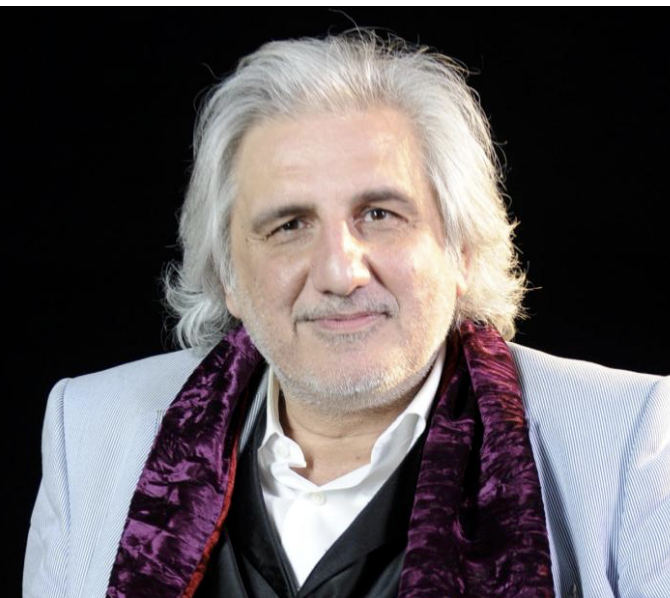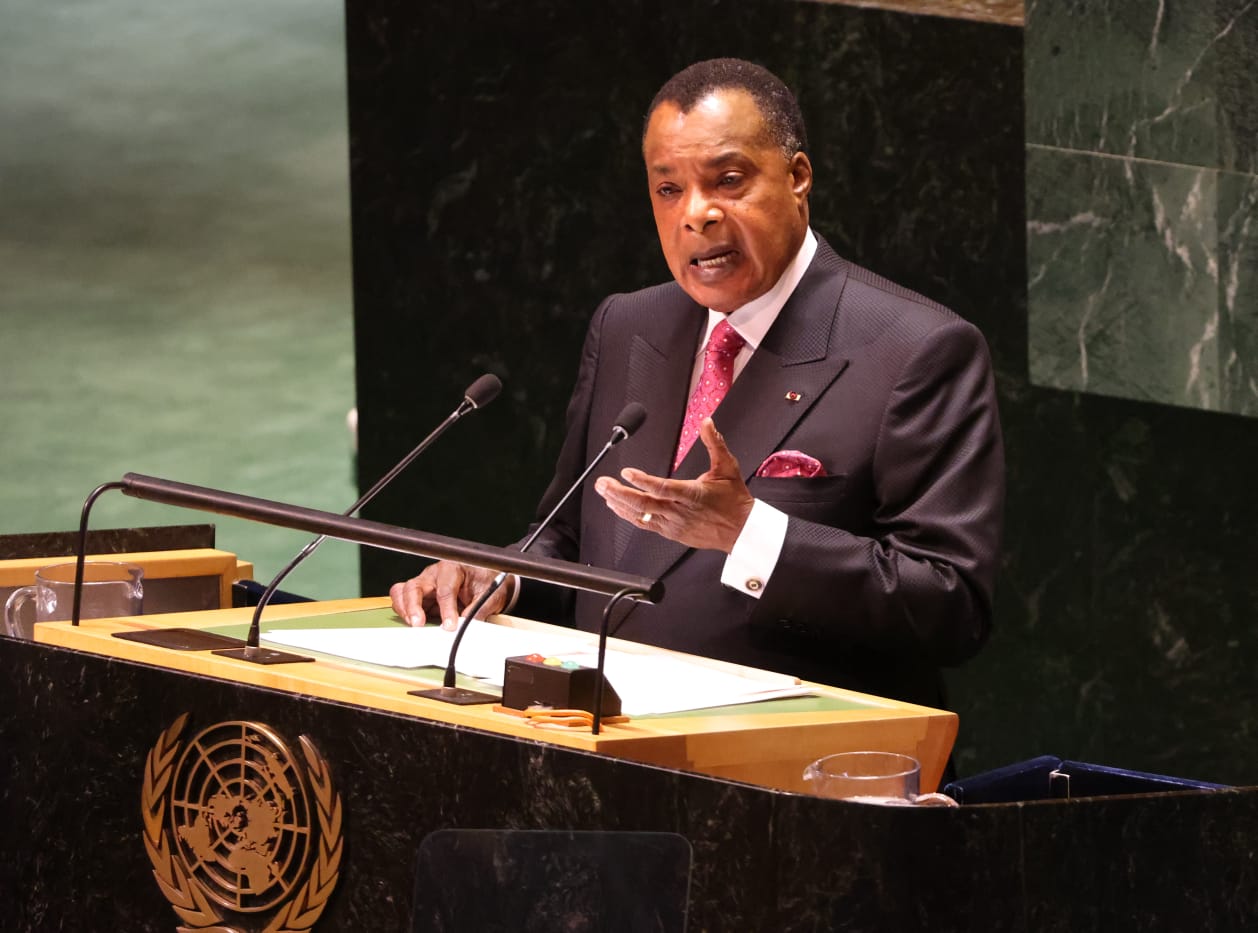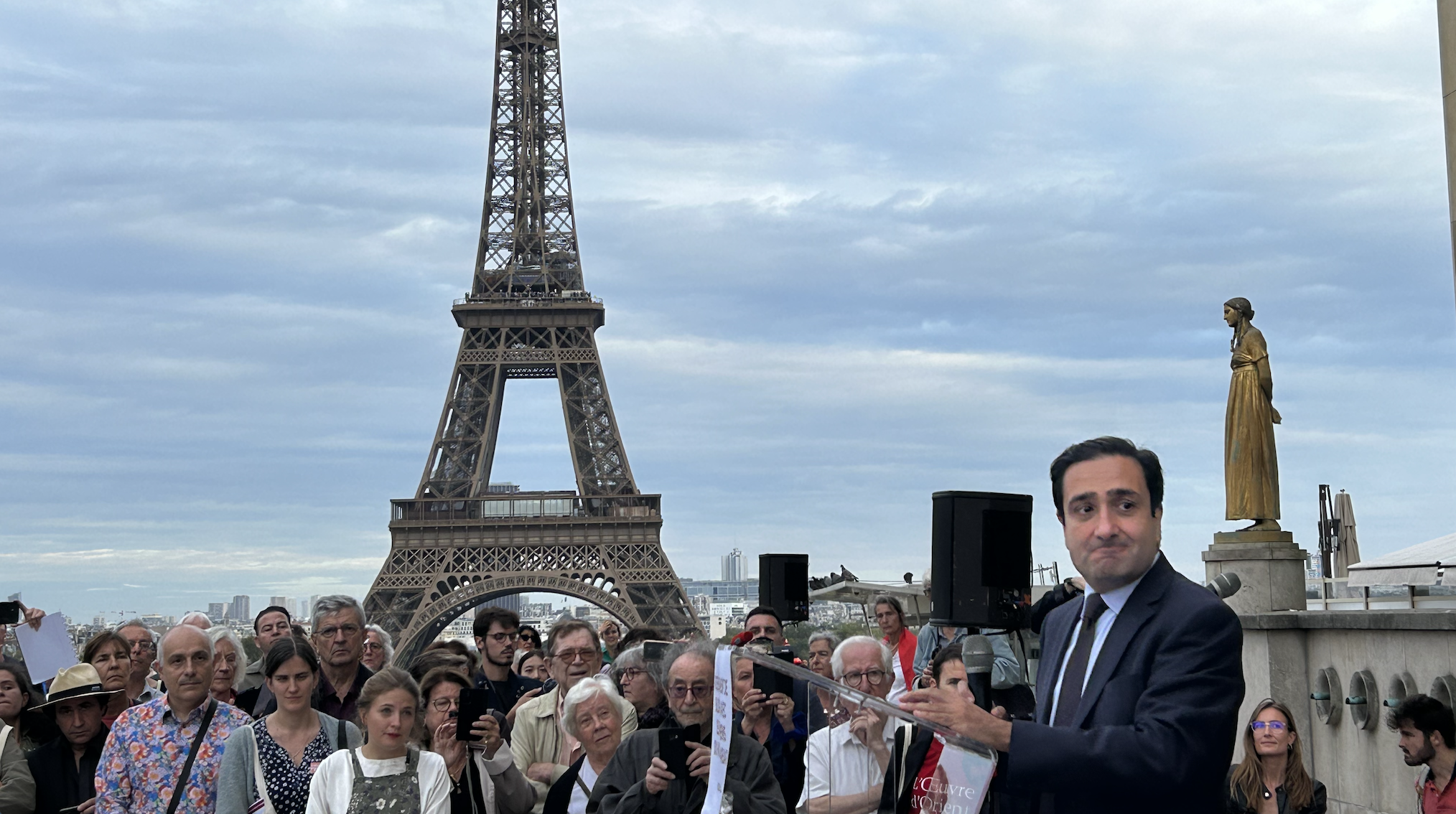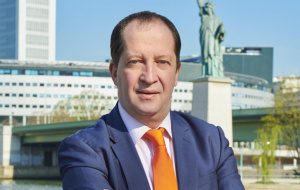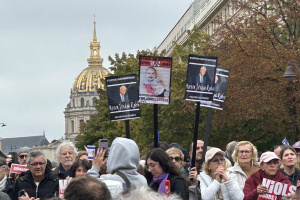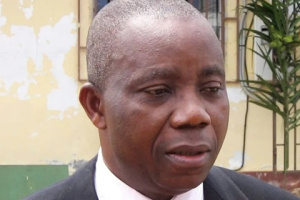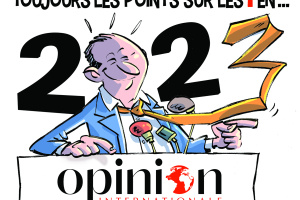A few hours away from the first televised debate between the archrivals, our contributor in New York ponders the legitimacy problem which afflicts Hillary Clinton: is she not a member of the very political caste that Americans have come to abhorr ? Her very demeanor suggests that she is.
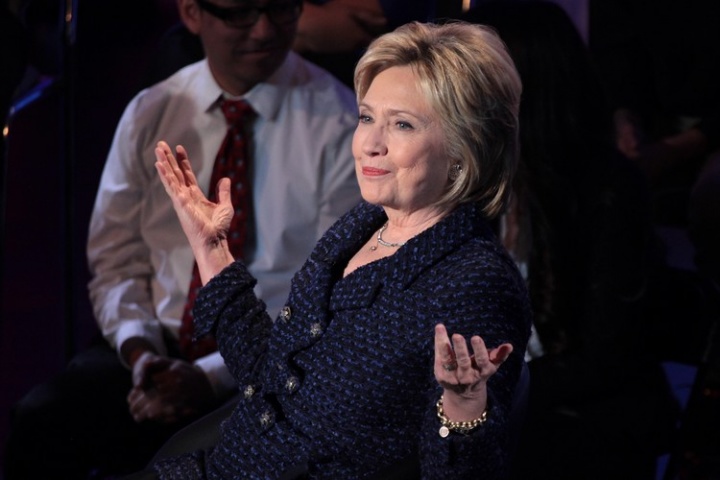
Hillary Clinton – Crédit photo : Gage Skidmore
Five weeks before the elections, the gap between the Democratic candidate, and race frontrunner Hillary Clinton, and her rival, Republic candidate Donald Trump seems to be narrowing and many observers now expect a closer race than anticipated.
That Donald Trump still has a winning chance, despite his repeated gaffes, his amateurishly run campaign, and the disgust he inspires even within his party, seems puzzling. To the European eye, this state of play borders on the absurd, and is conveniently interpreted as the mark of a decaying democracy.
First, such a sentiment ignores the fact that the US electorate is now structurally polarized. Many Republicans and Democrats will vote the party line, whoever represents them. As a result the candidates compete for only a small portion of the votes, those coming from so-called ‘independents’ who, this year, seem disillusioned or disinterested at best, and who may not head to the polls in droves.
This lack of enthusiasm speaks volumes however about the way many Americans feel about Hillary Clinton. The election is hers to lose and her inability to attract the independent vote as well as the moderate Republicans who have expressed their opposition to Trump, to say nothing of the Bernie Sanders enthusiasts, has deep seated roots that have made her road to the White House all that much harder.
So why do so few Americans trust, or even like her?
The first most obvious explanation lies with Clinton’s unique relationship with the truth. Her well publicized mishandling of the email controversy is just one in a long history of evasions, avoidances, and prevarications when it comes to explaining her actions to the electorate. Many resent her expansive and obscure networks, where political favors are traded for loyalty, and where facts, veracity and honesty are too often sacrificed on the altar of political expediency and power imperatives.
The inability to speak the truth, and nothing but the truth, is ineluctably linked to a perceived sense of entitlement, whose seeds were planted during her husband’s presidency, only to sprout unabashedly, for many, when she ran for Senator of NY State despite having little historical connection to that State. Her ‘right’ to power would culminate during the 2008 presidential campaign with her bouts of exasperation with the upstart Obama who should have had no business taking the grand prize away from her.
This sense of a certain acquired privilege brings into focus a third weakness: the perception that Hillary Clinton represents the textbook definition of a pure politician, devoid of all real convictions, fashioned and driven by a political system that sees itself as above the people, more concerned about perpetuating its own privileged caste than about the common good. At a time of angry resentment at the status quo, and politics as usual, candidate Clinton is seen as too much of a product and perpetuator of a system that has served her so well.
Finally, Hillary Clinton can’t escape the large shadow of her husband and the legacy of his eight years in the White House, which is becoming under increased, and quite negative scrutiny. A few years back, during the nadir of America’s great recession, many looked back with nostalgia on the ‘good times’ of the Clinton presidency: economic growth and homeland security, with only a few passing foreign crises and the occasional domestic bouts of violence to disrupt the party. This bright past has lost its shine. Few now doubt the impact of Clinton’s deregulation policies on the 2008 financial meltdown that led millions to lose their house and livelihoods. Both Clintons have also acknowledged that the Welfare Act that was touted at the time as visionary further impoverished, rather than lifted scores of vulnerable, and predominantly, African-Americans, families. And many states are now busy rolling back some of the most nefarious consequences of Clinton’s judicial policies, and his push for longer and harsher sentencing, which has devastated scores of lives while doing little to increase safety and promoting peaceful co-existence between the police and local communities. In short, Clinton’s three major domestic achievements – financial deregulation, welfare reform and criminal justice reform – are ultimately noticeable for their disastrous consequences. They can also be seen as easy, in appealing to the electorate’s most basic instincts: fewer rules for those who can play the game, less compassion for those who struggle, and harsher penalties for those who stray. This is the stuff of a politician, not the stuff of a leader.
Eventually, it is hoped that she will pull through, and that the American electorate will give her the win she has been scheming to get for years now, in spite of her many flaws, in light of the appalling alternative. If that is the case, few doubt that she will be a competent president; she knows the files, she knows the game, and she knows the people. But today, there are those who will miss Obama and see little of his progressive legacy and his moral elegance in her.
Hollis Lomax
American essayist











